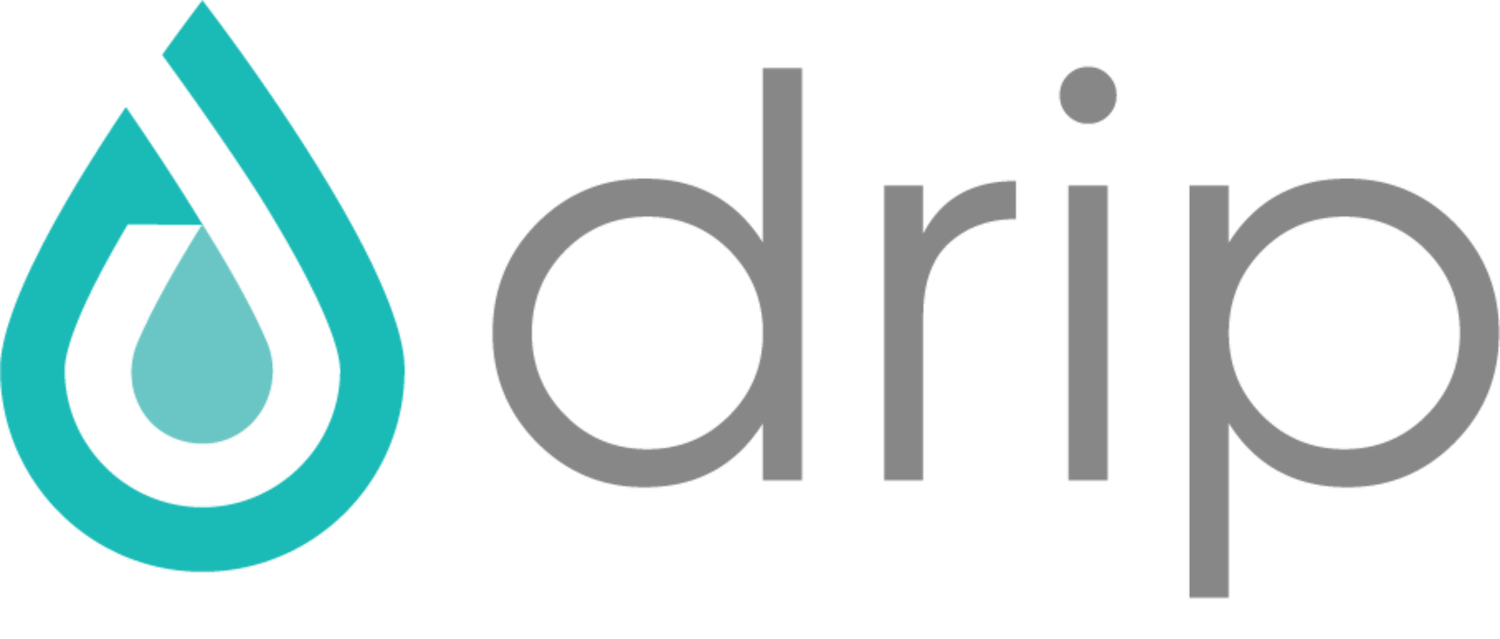The Essential Vitamin B12: Why You Need It and How to Get More
Hey Drip family! Today, we’re diving into the world of vitamin B12, an essential nutrient that plays a crucial role in your overall health. At Drip in Trussville, AL, we’ve seen firsthand how important this vitamin is for our clients, and we’re here to share why you need it and why so many people don’t get enough.
What is Vitamin B12?
Vitamin B12, also known as cobalamin, is a water-soluble vitamin crucial for many bodily functions. It’s vital for producing red blood cells, DNA synthesis, and maintaining a healthy nervous system. Unlike other vitamins, B12 is mainly found in animal products, making it a bit harder for some people to get enough through diet alone.
Why Do You Need Vitamin B12?
Energy Production: B12 helps convert the food you eat into glucose, which your body uses for energy. Without enough B12, you might feel tired and weak.
Brain Health: This vitamin supports the nervous system and helps prevent memory loss and cognitive decline. It’s essential for keeping your mind sharp.
Red Blood Cell Formation: B12 is crucial for producing red blood cells, which carry oxygen throughout your body. A deficiency can lead to anemia, causing fatigue and weakness.
Mood and Mental Health: Adequate B12 levels are linked to a positive mood and good mental health. It helps produce serotonin, a neurotransmitter that influences mood.
Why Don’t People Get Enough B12?
Despite its importance, many people don’t get enough B12. Here are some reasons why:
Dietary Restrictions: Vegetarians and vegans are at a higher risk of B12 deficiency since it’s mainly found in animal products. Even those who consume meat might not get enough if they don’t eat a varied diet.
Digestive Issues: Conditions like Crohn’s disease, celiac disease, and other digestive disorders can interfere with B12 absorption. Aging also reduces the stomach’s ability to absorb this vitamin.
Medications: Certain medications, including metformin (for diabetes) and proton pump inhibitors (for acid reflux), can reduce B12 absorption.
Alcohol Consumption: Excessive alcohol intake can damage the stomach lining, impairing B12 absorption.
Signs of B12 Deficiency
If you’re deficient in B12, you might experience symptoms like fatigue, weakness, memory problems, mood swings, and tingling in your hands and feet. If left untreated, a B12 deficiency can lead to more serious health issues.
How Can You Get More B12?
Diet: Include more B12-rich foods in your diet, such as meat, fish, eggs, dairy products, and fortified cereals.
Supplements: B12 supplements are available in various forms, including pills, sublingual tablets, and injections. They’re a good option if you have dietary restrictions or absorption issues.
B12 Injections at Drip: We offer B12 injections to ensure you get a direct and effective dose of this essential vitamin. Our injections bypass the digestive system, making them an excellent choice for those with absorption issues.
Why Choose Drip for Your B12 Needs?
At Drip, we’re dedicated to helping you feel your best. Our B12 injections are administered by trained professionals in a comfortable and safe environment. We tailor our services to meet your unique health needs, ensuring you receive the most effective care.
Contact Us
Ready to boost your energy and overall health with B12? Visit us at our lounge, give us a call at (601) 885-3747, or connect with us on Facebook and Instagram @driptrussville. We’re here to help you thrive!
Incorporating more B12 into your routine can significantly improve your health and well-being. Don’t let a deficiency hold you back. Let’s tackle it together!

